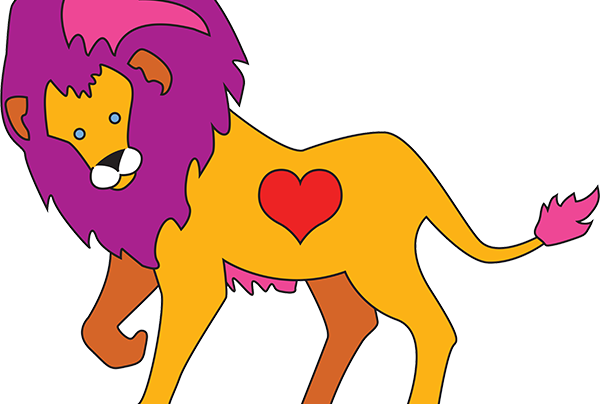It isn’t always easy to talk about mental health. In fact, it can be overwhelming for adults and children alike. But these conversations are important! Opening the door and creating opportunities for children and youth to share their experiences and how they are feeling is what will ultimately allow you to help them.
Using the themes from the Take5 website, we have drafted some questions to help caregivers and those who work with young people to start conversations about their mental health and well-being. Whether you explore the website together or separately, we encourage you to “Take5” (or more) and start talking about mental health.
TIP: Try to stay calm and listen without judgment. Be straightforward, honest, and validate the young person’s feelings.
Self-Care and Compassion
- What are ways that you manage stress and take care of yourself?
- Which strategies or choices work best for you? Which strategies or choices don’t work as well for you?
- How do you make sense of the difficulties of your past so that they don’t impact your present?
- What are some ways that I can create space for you to feel respected and valued?
- Have there been moments when you have not felt respected or valued and what things were absent or present that made it feel that way?
Harm Reduction and Substance Use
- Do you know where to go, or who to call, if you need help when feeling sad, overwhelmed, or in a crisis?
- What things would you like to learn or know to help you better manage behaviours that no longer serve you (e.g. drinking, drug using, self-harm)?
- If you are using alcohol or drugs, what actions are you taking to make sure that you are being as safe as possible in your use?
- Do you know how to get a drug testing kit and/or safe injecting kit?
- Are you getting whatever you are using from a trusted place or person?
Culture and Identity
- What is important to you about who you are and where you are from?
- What are ways that we can celebrate those parts of who and how you are together (e.g. cultural foods, prayers, ceremony, music, dance, other practices)?
- Have you ever felt you were treated differently, made to feel badly about yourself, or physically or verbally threatened because of the way you look, act, speak, where you and your family are from, or the traditions/practices you keep?
- Are there things about your culture or identity that you would like to learn more about? How can I support your learning?
Healthy Relationships
- What does a healthy relationship (or a relationship that works well) look and feel like for you?
- What does an unhealthy relationship (or a relationship that does not work well) look like and feel like for you?
- Who do you have in your life that is a support to you? How do those people make you feel?
- Are there people you wish could be more involved in your life? Who are they and what do you hope they would contribute to your life?
Mind and Body
- What role does social media play in the way you see yourself?
- How do the kinds of things you see, say, and who you interact with online make it harder or easier to see yourself in a positive way?
- What kinds of things do you say to yourself, or do for yourself that make you feel better in your body?
- What kinds of things do you say to yourself, or do for yourself that make you feel better in your mind?
Learning and Skill Building
- How has COVID-19 changed the way that you experience school and learning?
- How has COVID-19 changed the way you receive support with school and learning either from teachers, tutors, schoolmates, family, or friends? What, if anything, might be missing or might you need more help with?
- What might you like to do or learn more about at school that COVID-19 has made difficult?
Visit www.take-5.org to view the full set of resources for children, youth, and caregivers. Further your knowledge, understanding, and skills to support the mental health and well-being of the young people in your life.
